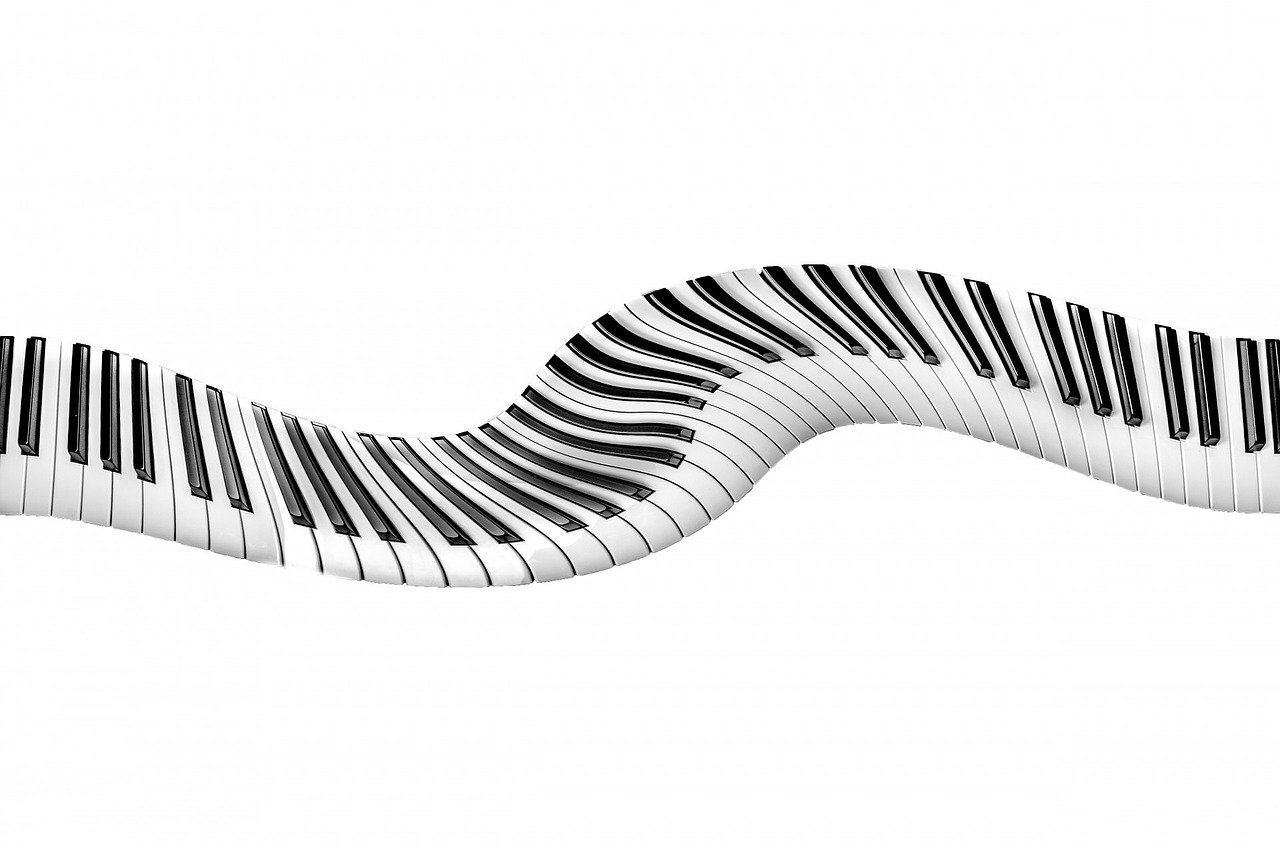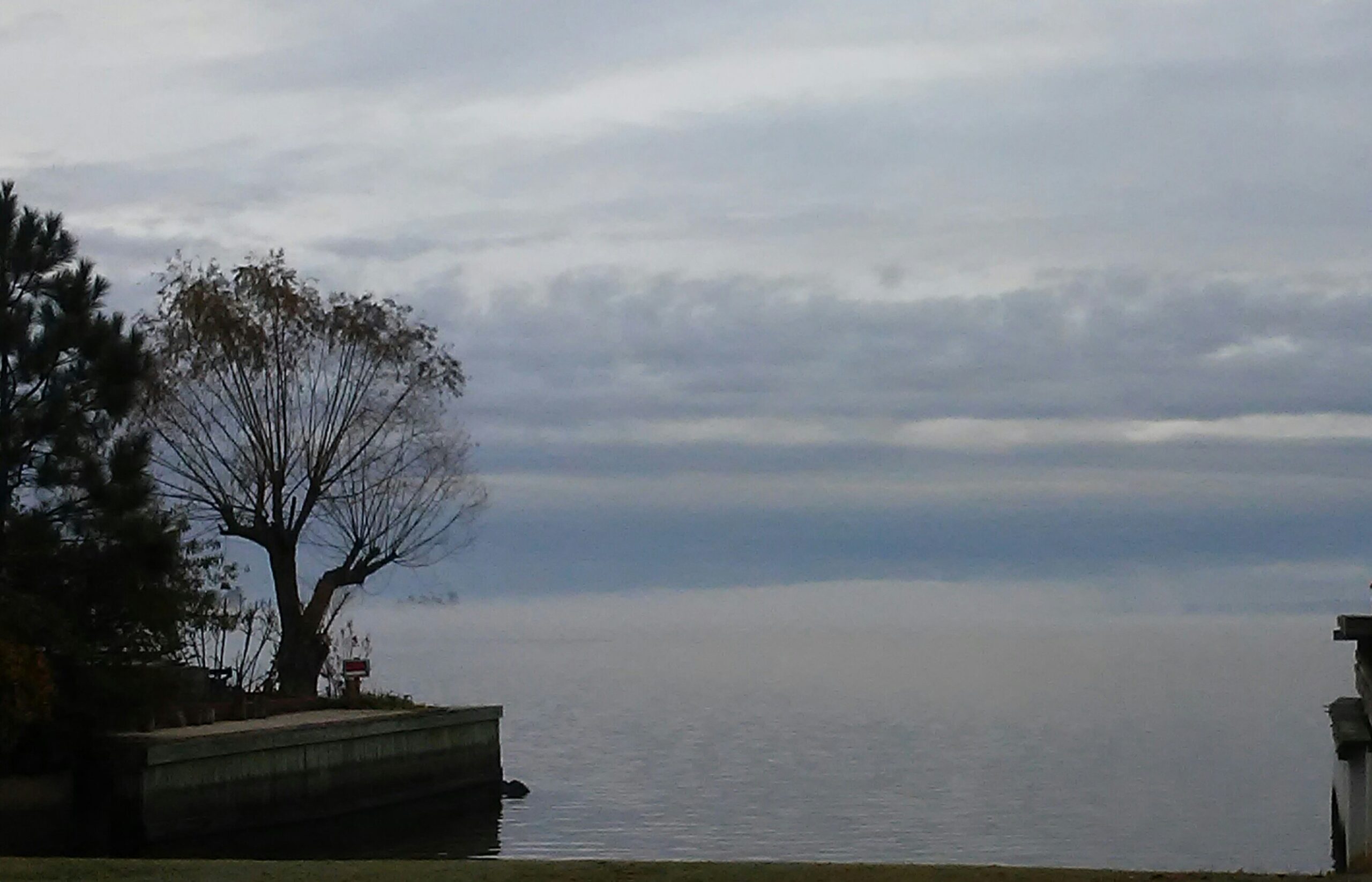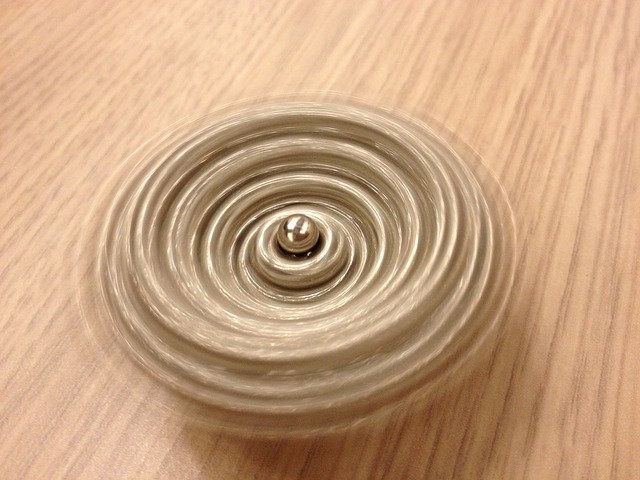
She had no idea, not a clue, although there were plenty of signs that something was amiss. For instance, why were things so difficult? Why did it take forever to get anything rolling? Why was there so much opposition to every move she made, every breath she took?
“But it’s always been this way,” she would say when I nettled her. And she’d dismiss me like a fleeting thought.
She was constantly examining the issues. “There’s got to be a way out of this,” she’d say. And when she’d say something like this I would perk up, like a deer hearing a sudden noise–all alert, listening, at the ready for action. Forever the optimist, I’d think, “maybe this time, she’s seeing the light–almost”. But always, always, she’d be overcome with opposition, points of contention, small though they were, but the pure volume, millions of them, held her back.
“I’m stuck here,” she said one day. “It’s like I’m moving through mud.”
“That’s it, yes, you are exactly right–almost.”
It took a pandemic before she noticed. Everything s-l-o-w-e-d down. The world ground to a halt. Don’t go out, stay at home, if you do go out, wash your hands, and for Pete’s sake, wear a fucking mask–cover your nose and mouth. No, no, don’t wear it on your chin. That’s right pull that damn thing up over the parts of your face that breathe air in and breathe air out.
She had time to notice, finally. It was like moving through mud. Actually it was quicksand. And the day she opened her eyes, she saw exactly where she was–in a pit of quicksand–sinking slowly. She reached forth her hand, globs of goo falling, plopping into the sand around her. And being the best of the best, golden light that I am, I reached forth too and pulled her out and set her free.
“Boy am I glad that’s over,” she said, shaking granules from herself, casting off everything that wasn’t purely, authentically her.
© Glenda Kotchish
September 19, 2020







